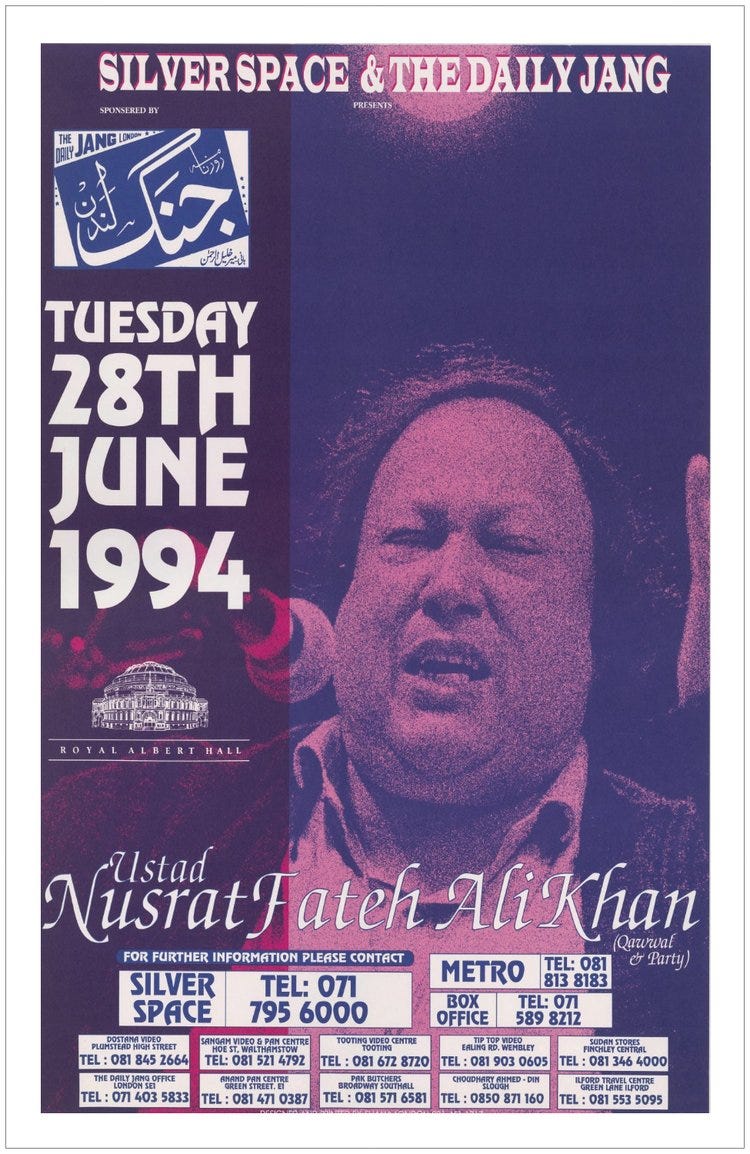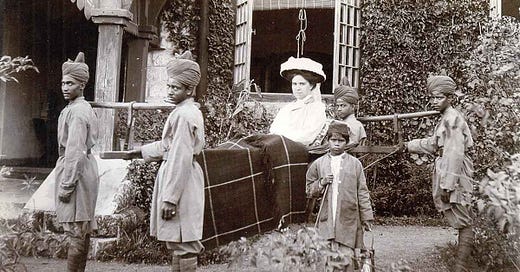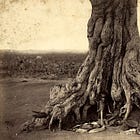From Colonialism to H-1B Visa: How British Colonial Education Policies Shaped Modern Racism
Words by Ayesha Ahmed
Welcome to the Brown History Newsletter. If you’re enjoying this labor of love, please do consider becoming a paid subscriber. Your contribution would help pay the writers and illustrators and support this weekly publication. If you like to submit a writing piece, please send me a pitch by email at brownhistory1947@gmail.com.
Don’t forget to check out our SHOP and our Podcast.

Recommended Reads:
From Colonialism to H-1B Visa: How British Colonial Education Policies Shaped Modern Racism
Racism against South Asians, particularly Indians, has become rampant with President Donald Trump's recent inauguration as Americans and non-Americans alike have increasingly been debating the fate of H-B1 visas. Discussions online show that many loyal Trump voters are beginning to reevaluate their support for the President because they fear that if he does not limit the acceptance of H-B1 visa applicants then their jobs would be outsourced to foreign workers rather than American citizens. As a result, many online are showing hostility toward Indians. Countless posts on social media accuse Indians of having low IQs and are “dirty” and incapable of assimilating to the West.
While these posts are very jarring, the beliefs perpetuated by xenophobic and racist people are not new. In fact, the sentiments expressed by people racist toward Indians mirror the same rhetoric British colonialists used to solidify their justifications for colonizing the Indian subcontinent. One way the British perpetuated colonialism was through dismantling the educational systems in India and replacing them with British education. British lawmakers in India undermined the intelligence of Indians and as a result, perpetuated the notion that colonization was necessary to civilize Indians. These ideas ultimately were widespread and successfully strengthened the hold of the British on India, thus allowing the empire to further exploit and dehumanize Indians.







